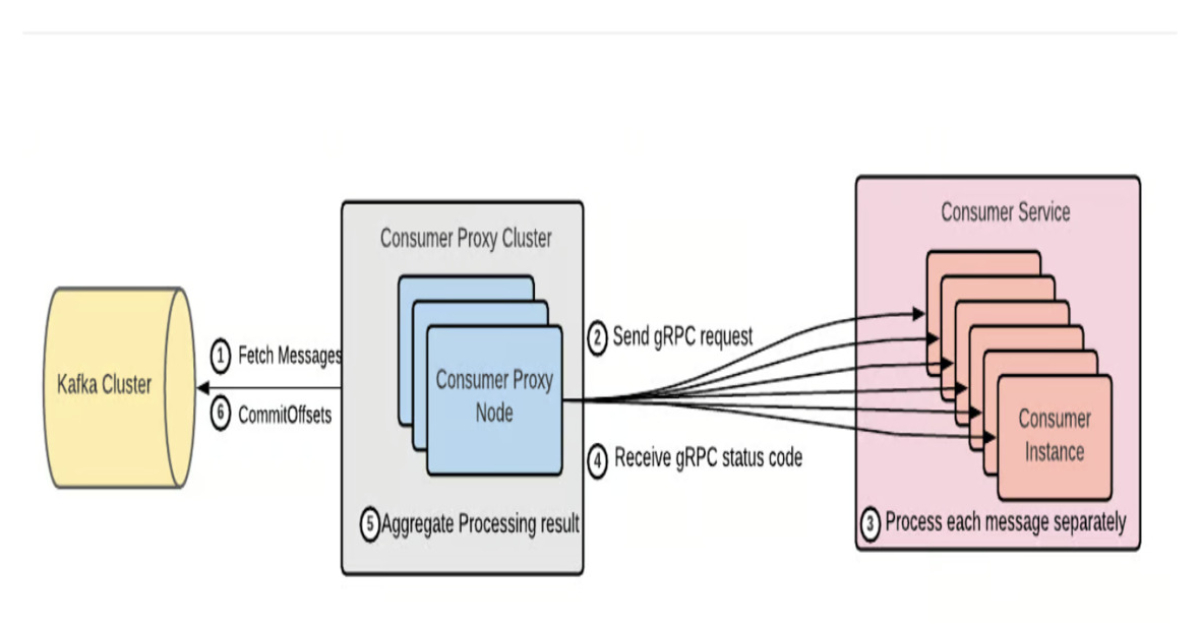Codetown
Codetown ::: a software developer's community
Saturday, January 2, 2010
-
CodeChef January '10 Algorithm Challenge
January 1, 2010 to January 15, 2010 – http://codechef.com/JAN10/ The CodeChef January Challenge begins on 1st January and will be on through 15th January. Participants from India will win cash prizes up to Rs.55k and global participants can win cash worth up to $… Organized by CodeChef | Type: online, coding, competition
Notes
Welcome to Codetown!
 Codetown is a social network. It's got blogs, forums, groups, personal pages and more! You might think of Codetown as a funky camper van with lots of compartments for your stuff and a great multimedia system, too! Best of all, Codetown has room for all of your friends.
Codetown is a social network. It's got blogs, forums, groups, personal pages and more! You might think of Codetown as a funky camper van with lots of compartments for your stuff and a great multimedia system, too! Best of all, Codetown has room for all of your friends.
Created by Michael Levin Dec 18, 2008 at 6:56pm. Last updated by Michael Levin May 4, 2018.
Looking for Jobs or Staff?
Check out the Codetown Jobs group.
InfoQ Reading List
Java News Roundup: JDK26-RC2, Payara Platform, Hibernate, Quarkus, Apache Camel, Jakarta EE 12

This week's Java roundup for February 16th, 2026, features news highlighting: the second release candidate of JDK 26; an update on Jakarta EE 12; the February 2026 edition of Payara Platform; a point release of Apache Camel; and maintenance releases of Hibernate Search and Quarkus.
By Michael RedlichUforwarder: Uber’s Scalable Kafka Consumer Proxy for Efficient Event-Driven Microservices

Uber has open-sourced uForwarder, a push-based Kafka consumer proxy built to handle trillions of messages and multiple petabytes of data daily. The system introduces context-aware routing, head-of-line blocking mitigation, adaptive auto-rebalancing, and partition-level delay processing to improve scalability, workload isolation, and hardware efficiency in large-scale event-driven microservices.
By Leela KumiliTSSLint 3.0: Final Major Release with Reduced Dependencies

TSSLint 3, the lightweight TypeScript linting tool by Johnson Chu, enhances performance with a reduced dependencies and improved migration paths from legacy linters. As a spiritual successor to TSLint, it offers near-instant diagnostics and fixes, leveraging native Node support for .ts imports. Enhanced developer tooling and a new TSL compatibility layer simplify linting in large-scale projects.
By Daniel CurtisPodcast: Software Evolution with Microservices and LLMs: A Conversation with Chris Richardson

In this podcast, Michael Stiefel spoke with Chris Richardson about using microservices to modernize software applications and the use of artificial intelligence in software architecture. We first discussed the problems of monolithic enterprise software and how to use microservices to evolve them to enable fast flow - the ability to achieve rapid software delivery.
By Chris RichardsonArticle: Building a Least-Privilege AI Agent Gateway for Infrastructure Automation with MCP, OPA, and Ephemeral Runners

This article presents a least-privilege AI Agent Gateway that places clear controls between AI agents and infrastructure. Agents do not access infrastructure APIs directly. Instead, every request is validated, authorized using policy as code with Open Policy Agent (OPA), and executed in short-lived, isolated environments, with built-in observability using OpenTelemetry.
By Nabin Debnath
© 2026 Created by Michael Levin.
Powered by
![]()